Sleep Better & Wake Well-Rested
Sleep & Insomnia Management in Delray Beach
We Need Sleep More Than We Realize
Sleep is so important, yet it is often one of our most neglected needs. According to the American Academy of Sleep Medicine, nearly ⅓ of all American adults don’t get enough sleep, and according to the CDC, lack of sufficient sleep is even more common in Florida.
There are myriad reasons for insomnia and sleep trouble – ubiquitous screens, demanding work and parenting schedules, and some of the highest rates of stress in American history. Additionally, many of us live in a world that prioritizes productivity and engagement over sleep, almost as if sleep is a barrier to success or an annoying chore we have to do so we can get back to more important things.
The impacts of insufficient sleep are well researched. Not sleeping enough can impact our:
mood
short-term decision making
productivity and capacity for high-demand tasks
long-term health
Yet, instead of learning how to get enough sleep, we are taught how to “cheat” sleep.
We Can’t Make Ourselves Sleep
For many, the ironic problem with sleep is that, as important as sleep is, it is one of the only biological imperatives that we cannot “will” ourselves to do. We can force ourselves to eat more or less, exercise, to drink more water… but we cannot force sleep.
So for most of us, getting to sleep and/or staying asleep is actually kind of hard! And the harder we try, the less successful we can be, which can lead to patterns of sleep avoidance, substance use, or simply going without sleep and making the best of it. Breakwater Psychotherapy offers services to educate you on learning what sleep is, how much sleep you need, and – most importantly – how to get enough sleep.
Signs That You Aren’t Getting Enough Sleep
Read the below list and check yourself for signs your insomnia is serious enough to warrant action.
Difficulty waking without at least one alarm
Involuntary naps or “micro-sleeps” (nodding off when you don’t want to)
Reduced concentration or sustained focus
Difficulty with short-term memory
Difficulty sustaining usual levels of productivity or performance at work or home
Plateaus in physical gains from routine exercise
Fluctuations in weight
How Sleep Improvement Consults Work
We have designed Sleep Wellness consults to accommodate a wide range of sleep problems. While sleep difficulty often accompanies other mental health concerns, we understand that sometimes you just want to focus on the sleep itself, regardless of other stressors or circumstances in your life.
Sleep Wellness Consults are either single sessions or three-session packages focused on the following goals that lead to better sleep:
Learn more about what sleep is, why sleep is important, and what happens when you do not get enough sleep.
Identify what helps and impedes your sleep, including changes you can make to your routine and environment to maximize your chances of getting a good, consistent night’s sleep.
Build effective, sustainable sleep habits that fit into your real life, including setting reasonable expectations for yourself.
Learn and practice ways of understanding your cues for tiredness and alertness, so you can manage your own sleep needs in an ongoing way.
Your sleep consultant will guide you in a process of better understanding, anticipating, and responding to your need for sleep.
Three Ways to Improve Your Sleep Now
Take your sleep seriously.
Sleep is a biological need, but it is also an important part of a healthy lifestyle. Prioritize setting a bedtime and wake time that you can stick with most days of the week. Most adults need around 6-8 hours of sleep to feel rested, so build that into any existing schedules.
Set reasonable expectations for your sleep.
There is no such thing as the “perfect” sleep routine. Like diet and activity needs, your need for sleep fluctuates depending on your daily routines and demands. Also, changing sleep patterns is time-consuming relative to most self-care measures. If you can figure out a routine that works for you most days, try to stick with it for a week or two, then reassess.
Find good information on sleep.
Sleep is a popular topic for self-care blogs, social media, and other easily accessible resources. There have also been organizations and institutions which have researched sleep and best sleep practices for decades. They include the CDC, the American Academy of Sleep Medicine, and the Sleep Foundation, all of which use up-to-date information reviewed by medical experts. You can also find reliable information through the American Psychological Association, American Counseling Association, and Cornell University.
Connect with a Sleep Consultant Today
The basics of sleep are well-known and universal. However, figuring out what you need, let alone how to build sleep practices that work for you, is a much more personal process. If you’d like some help in this process, reach out today to set up a free, 15-minute consultation with one of our professional sleep consultants.
